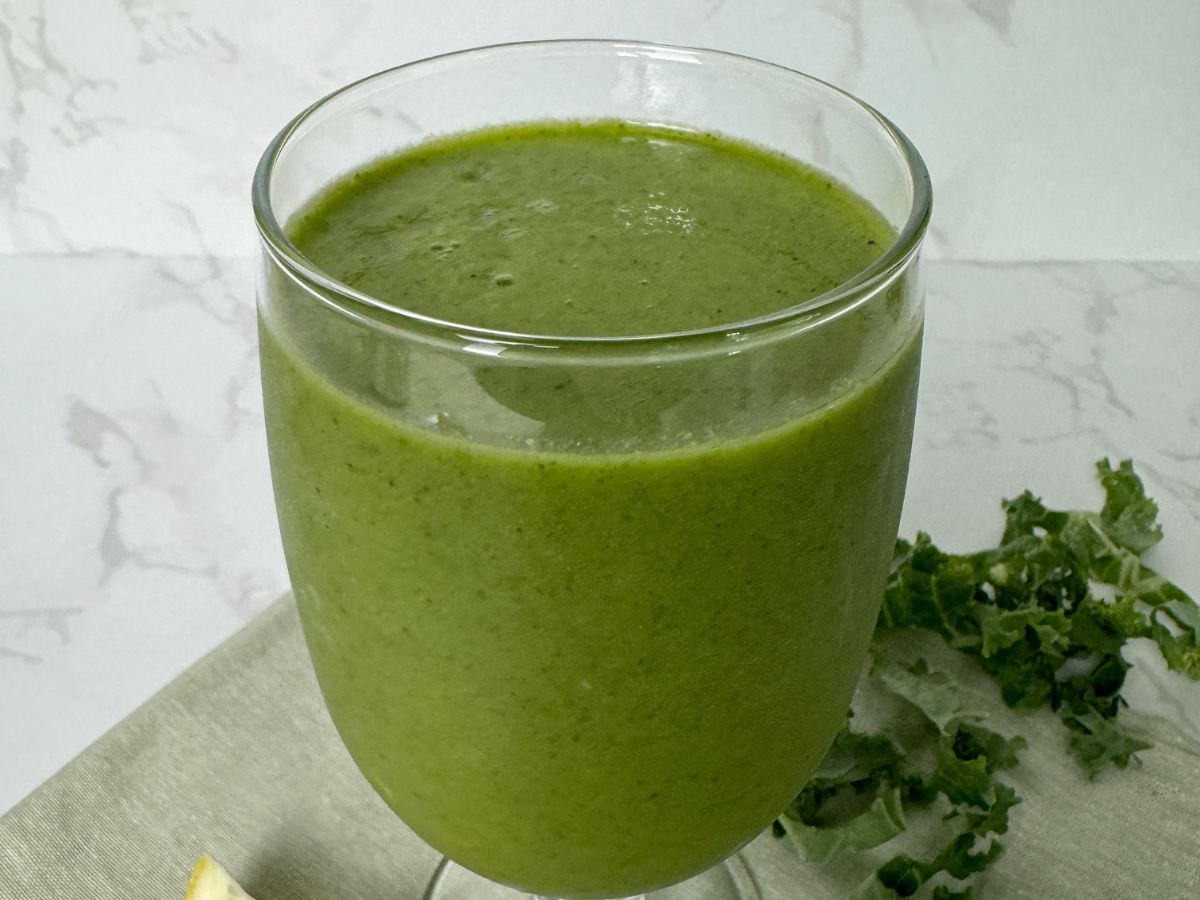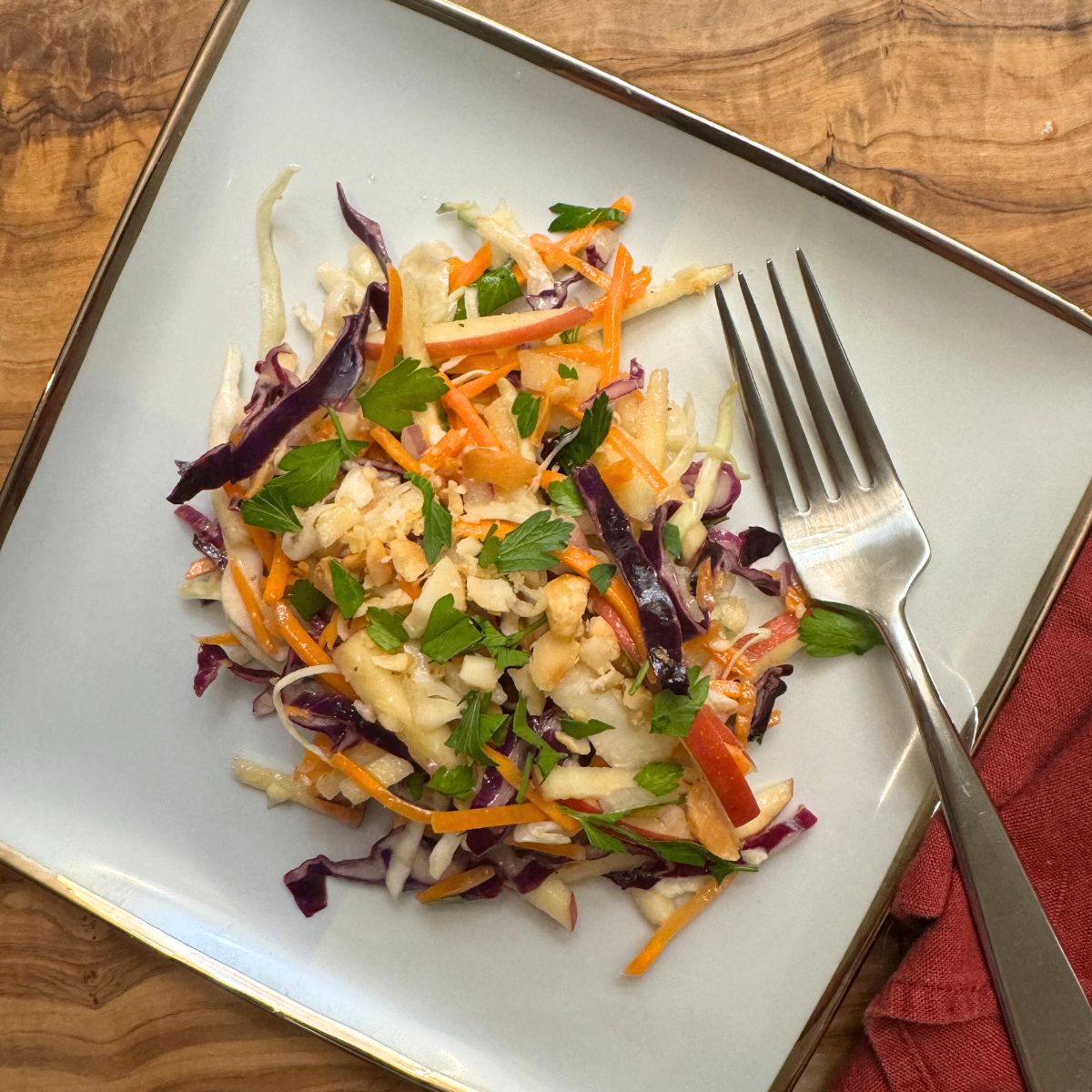Adding smoothies to your regular meal rotation can easily and effectively enhance your gut health. In a single glass, you can get a powerful mix of plant fibers, polyphenols, prebiotics, and even probiotics to support your gut microbiome.
Unlike other recipes that can be rigid or time-consuming, you can make unlimited variations of smoothies and make a daily routine of whirling it together in a blender!
Before we get into the smoothies, here’s some quick background on gut health.
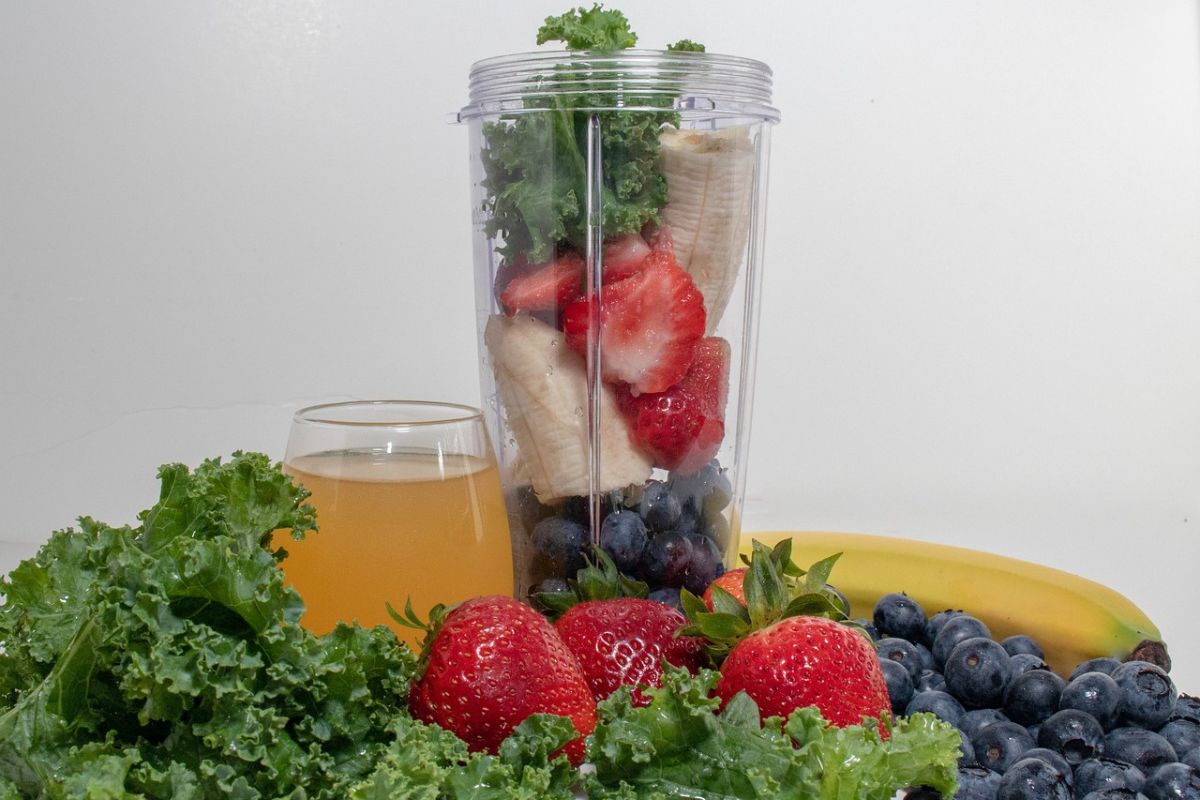
Photo thanks to Greg Reese.
What is Gut Health and Why We Should We Care?
Gut health refers to the balance and function of microorganisms living in our digestive tract. These microorganisms, including bacteria, viruses, and fungi, are collectively known as the gut microbiome.
This complex community of bacteria, viruses, fungi, and other microbes plays a crucial role in our ability to digest food, absorb nutrients, and combat disease.
The state of our gut microbiome affects multiple aspects of our overall health:
- Digestive Health: A healthy gut helps prevent digestive issues like bloating, constipation, and irritable bowel syndrome (IBS). It ensures that food is properly broken down and nutrients are effectively absorbed.
- Immune System: About 70% of our immune system resides in the gut. A balanced gut microbiome supports a strong immune response and helps protect against infections and diseases.
- Mental Health: The gut-brain axis connects our digestive system and brain. A healthy gut can positively influence mood, reduce anxiety, and improve our overall mental well-being.
- Metabolism and Weight: Gut health affects how our body processes food and stores fat. A balanced microbiome can aid in maintaining a healthy weight and reducing our risk of obesity.
- Chronic Disease Prevention: A healthy gut can help prevent chronic conditions like heart disease, diabetes, and certain cancers by reducing inflammation and promoting metabolic health.
- Skin Health: The state of your gut can impact our skin. An imbalanced gut microbiome may contribute to skin conditions like acne, eczema, and psoriasis.
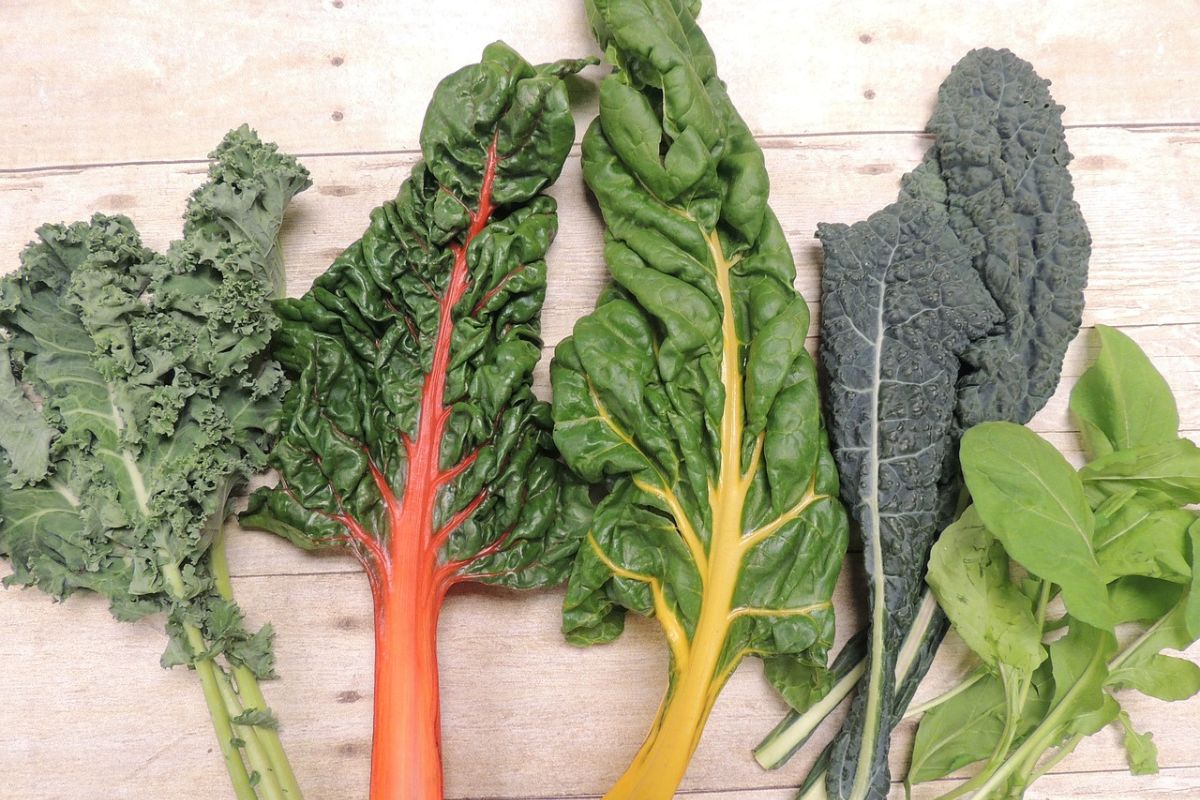
How Smoothies Benefit Gut Health
Nutrient Density. Smoothies can be packed with vitamins, minerals, and antioxidants that support overall health, including gut health. Nutrient-dense foods help maintain the integrity of the gut lining and support the immune system.
Plant Fiber Diversity. In our article, Gut Microbiome Diversity: Eat 40 Plants Per Week!, we discuss the importance of consuming a variety of plant fibers to feed the good bacteria in our gut. The closer we can get to eating 40 unique plants per week, the better we can support a healthy gut microbiome.
But 40 plants per week is easier said than done. Smoothies are a great way of packing in multiple fruit and vegetable ingredients in one cup!
Fiber Density. In addition to fiber diversity, the plant ingredients in smoothies offer fiber density as well. High-fiber ingredients like fruits, greens, and seeds support our digestive health, regulate bowel movements, and prevent constipation.
Probiotics. If you choose smoothie recipes that include yogurt, kefir, or other fermented foods, you add the benefits of probiotics to your diet. Probiotics are beneficial bacteria that help balance the gut microbiome.
Prebiotics: Smoothies are often packed with prebiotic foods like bananas, apples, berries, greens, and certain seeds (e.g., flax, chia). Prebiotics are plant-based fibers that feed the good bacteria in our gut, helping them thrive and maintain a healthy microbiome.
Anti-inflammatory Benefits. Ingredients such as ginger, turmeric, and leafy greens have anti-inflammatory properties. Reducing inflammation in the gut can help alleviate symptoms of digestive disorders and improve gut health.
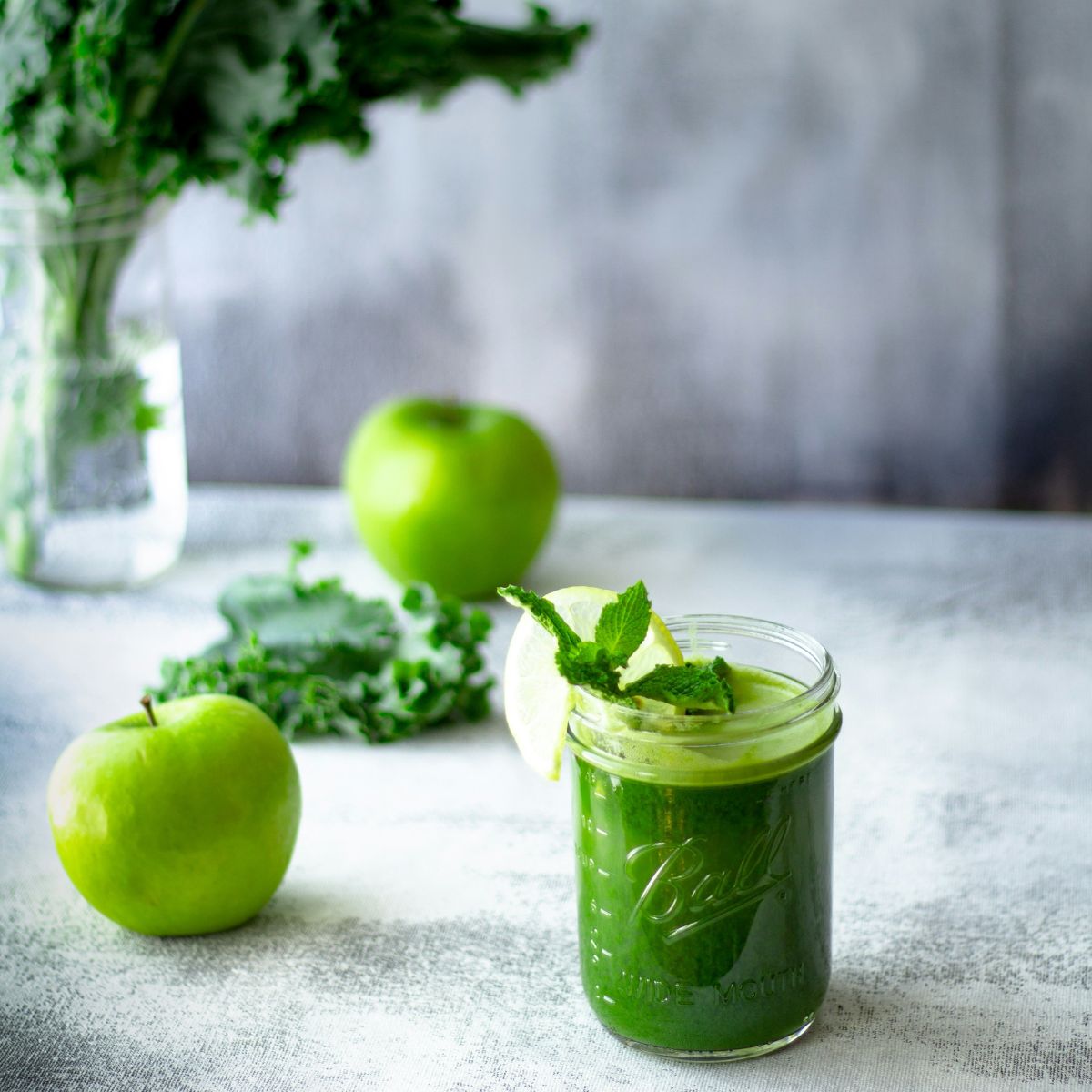
Photo thanks to Christina Rumpf.
Advantages of Adding Smoothies to a Gut Health Diet
Minimal Preparation. Smoothies usually require minimal chopping and peeling, as many ingredients can be used as they are or with just a quick rinse. This reduces prep time significantly compared to dishes that require extensive preparation.
No Cooking Required. The main equipment needed is a blender, which simplifies the process. There’s no need for multiple pots, pans, or cooking utensils. Just add all the ingredients into the blender and blend until smooth.
Quick to Make. Once the ingredients are prepped, it usually takes less than five minutes to blend a smoothie, making it a quick meal or snack option.
Easy Cleanup. With only the blender and possibly a cutting board and knife to clean, smoothies are much easier to clean up after compared to recipes that require multiple cooking steps and tools.
Versatile Ingredients. Smoothies can be made with a wide variety of ingredients, many of which are often on hand. This versatility means you can easily mix and match what you have without needing a specific recipe. We’ve already mentioned the importance of plant fiber diversity to boost your gut health.
Portable and Convenient. Smoothies can be easily taken on the go, making them a convenient option for busy mornings or as a quick snack during the day.
Part of a Morning Routine. You can make smoothies part of a morning ritual which starts your day off with a burst of nutrition. Most would agree this is harder to do at lunch or dinner time with work, social, or other barriers in the way.

Photo thanks to Devin Rajaram.
Key Ingredients for Gut-Healthy Smoothies
There are arguably no limits to your creativity for smoothie ingredients. The key is to be aware of the balance of flavors, textures, and colors (if that matters to you) that each ingredient contributes. In general, a mix of the following elements works well for taste, texture and gut health benefits:
Frozen Ingredients: Ensuring that roughly half of your ingredients are frozen will help create the body and cold texture you want in a smoothie. Frozen fruit is the easiest way to add frozen ingredients to smoothies. Either buy them frozen or freeze fresh fruit yourself. (Just make sure you freeze them spread out on a tray or pan so they don’t clump together, then package them.) If you don’t have frozen fruit on hand, just add ice cubes to your blender.
Plant Milk: Milk adds the classic smooth, creamy texture that we all love in smoothies. Since dairy milk can cause inflammation for many people, plant-based milk is ideal. Almond milk is my go-to as I always have it on hand.
Fruit: Fruits like bananas, berries, tropical fruit (mango, pineapple, papaya), apples, and peaches are great ways to naturally add sweetness to your smoothie. Alternatively, you can add a touch of raw honey, stevia, or maple syrup.
Greens: Leafy greens (spinach, kale, chard), cucumber, celery, and carrots are some of my favorite ways to add veggie content to smoothies without overpowering the flavors. Mint is also a wonderful ‘green’ that adds a punch of brightness and flavor.
Probiotics (optional): Yogurt, kefir, and kombucha are excellent ways to add fermented ingredients to your smoothie. Fermented foods are good for gut health because they introduce beneficial probiotics that help balance our gut microbiome and improve digestion.
Anti-inflammatory Ingredients (optional): Additions like ginger, turmeric, and chia seeds are great ways to add foods with anti-inflammatory properties to your smoothie.
Matcha (optional): Matcha offers compelling benefits for gut health as we describe here. It will also offer a vibrant green color and earthy flavor to your smoothies.
Healthy Fats (optional): Avocado, flax seeds, and coconut oil add healthy fats to a smoothie. There is also growing evidence that these fats can help maintain the lining of our gut (intestinal barrier). This lining plays an important part in metabolic functions, absorption of nutrients, and immune function.
Top Smoothie Recipes for Gut Health
Try the smoothie recipes below or create your own variations using similar proportions:
Green Smoothie (by Ambitious Kitchen). I like this recipe because of the balance of tropical sweet fruit (1.5 cups), spinach (2 cups), avocado for creaminess (1/2 fruit), fresh ginger, and almond milk (1 cup).
Berry Kefir Smoothie (by Eating Well). A great way to incorporate kefir into a smoothie. It calls for 1.5 cups frozen mixed berries, 1 cup plain milk kefir, ½ medium banana, 2 tsp almond butter, and ½ teaspoon vanilla extract
Matcha Smoothie with Tropical Fruit and Greens (by Gut Haven). Matcha powder is a great addition to this smoothie which includes 1 kiwi, 2/3 frozen pineapple, 1 cup kale, 1 rib of celery, 1 tsp matcha powder, 1/2 cup almond milk, 1/2 tsp honey, and a squeeze of lemon.
Matcha Kefir Smoothie with Berries (by Gut Haven). Another matcha smoothie with probiotic benefits of kefir. Includes 1c mixed berries, 1/2c kefir, 1/3c almond milk, 1c fresh spinach, 1 tsp matcha powder, 2 tsp maple syrup, and a squeeze of lemon.
Carrot Ginger Turmeric Smoothie (by Minimalist Baker). This smoothie is packed with antioxidants. You’ll need 1 frozen banana, 1 cup frozen or fresh pineapple, 1/2 Tbsp fresh ginger, 1/4 tsp ground turmeric, 1/2 cup carrot juice, 1 Tbsp lemon juice, 1 cup almond milk.
Tips for Making Gut-Healthy Smoothies
- Balance fruit and vegetable ratios. Some say you can start with a 1:1 ratio of vegetables to fruit, while others suggest a 2:3 ratio of vegetables to fruit for the best health benefits. Adjust proportions to suit your taste.
- Incorporate a variety of fiber sources. If planned well, you could easy add 5-7 unique plant ingredients in a single smoothie!
- Add fermented foods for probiotics. As mentioned above, unsweetened yogurt, kefir, and kombucha are good choices for smoothies.
- Avoid excessive sugars and artificial sweeteners. If you must add additional sweetness, opt for honey, agave, or maple syrup.
- Use organic ingredients whenever possible. Or at the very least, avoid the dirty dozen while shopping in the grocery store.
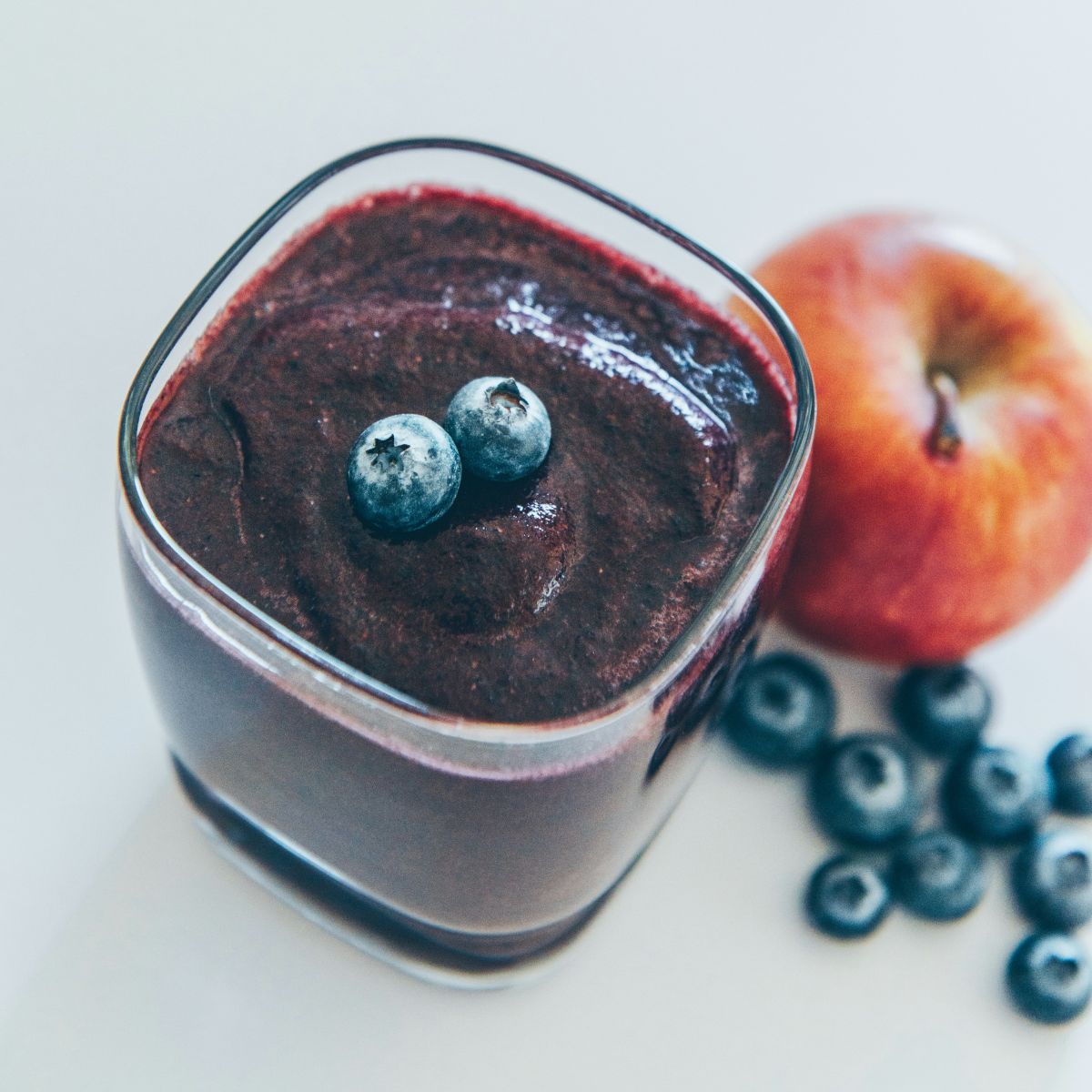
FAQs for Gut-Healthy Smoothies
How often should I drink gut-healthy smoothies?
Consuming a gut-healthy smoothie daily can be beneficial, but it’s essential to maintain a balanced diet that includes a variety of nutrient-dense foods.
Can I add supplements to my gut-healthy smoothies?
Yes, adding supplements like probiotic, collagen, and prebiotic powders, or digestive enzymes can enhance the gut health benefits of your smoothies. However, consult with a healthcare provider before adding new supplements.
Are there any ingredients I should avoid in gut-healthy smoothies?
Avoid artificial sweeteners and high-sugar ingredients, which can disrupt the balance of gut bacteria. Stick to natural sweeteners like honey or maple syrup in moderation if needed.
Can smoothies help with digestive issues like bloating or constipation?
Yes, smoothies rich in fiber and probiotics can help alleviate digestive issues by promoting regular bowel movements and maintaining a healthy gut flora.
How do I make my smoothie more filling?
Add protein sources like Greek yogurt, nut butter, or protein powder, along with healthy fats from avocado or chia seeds, to make your smoothie more satiating and nutrient-dense.

